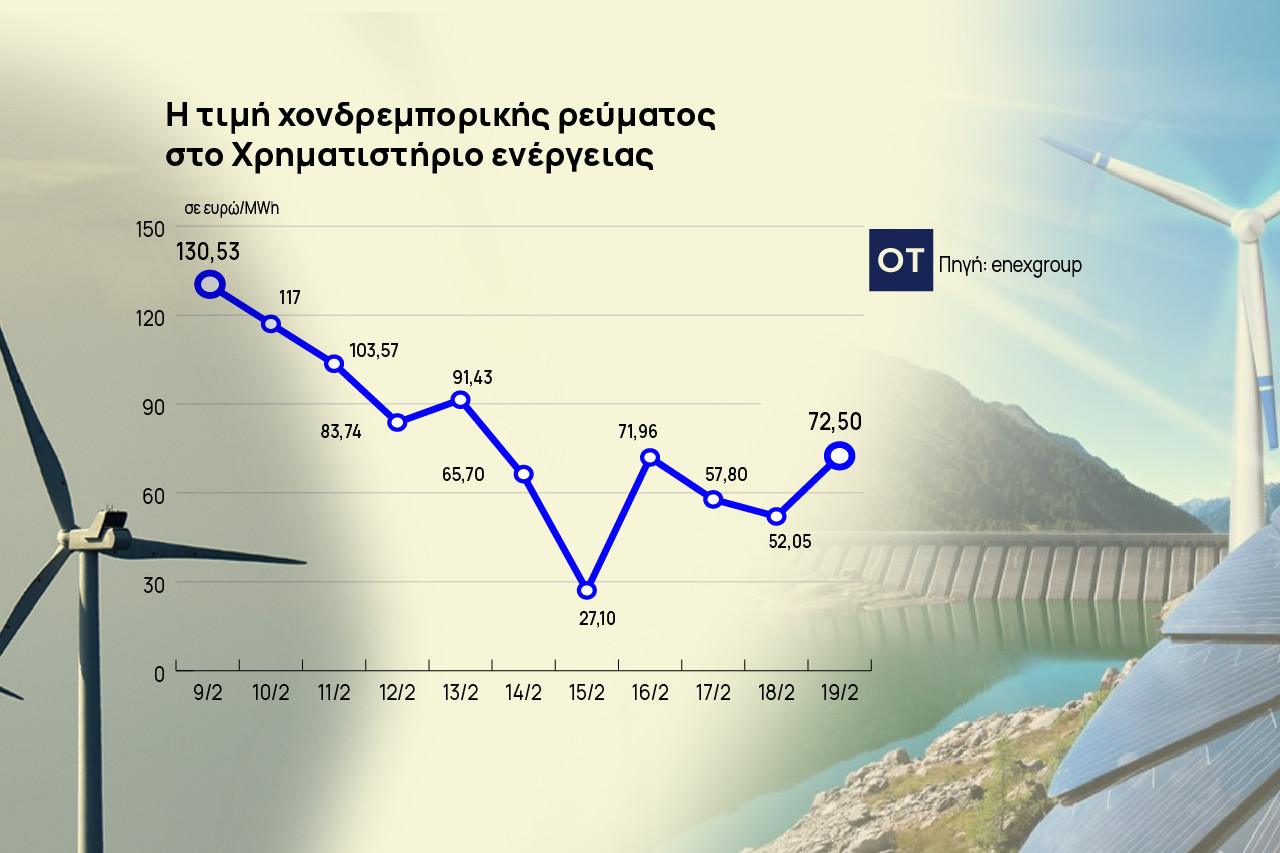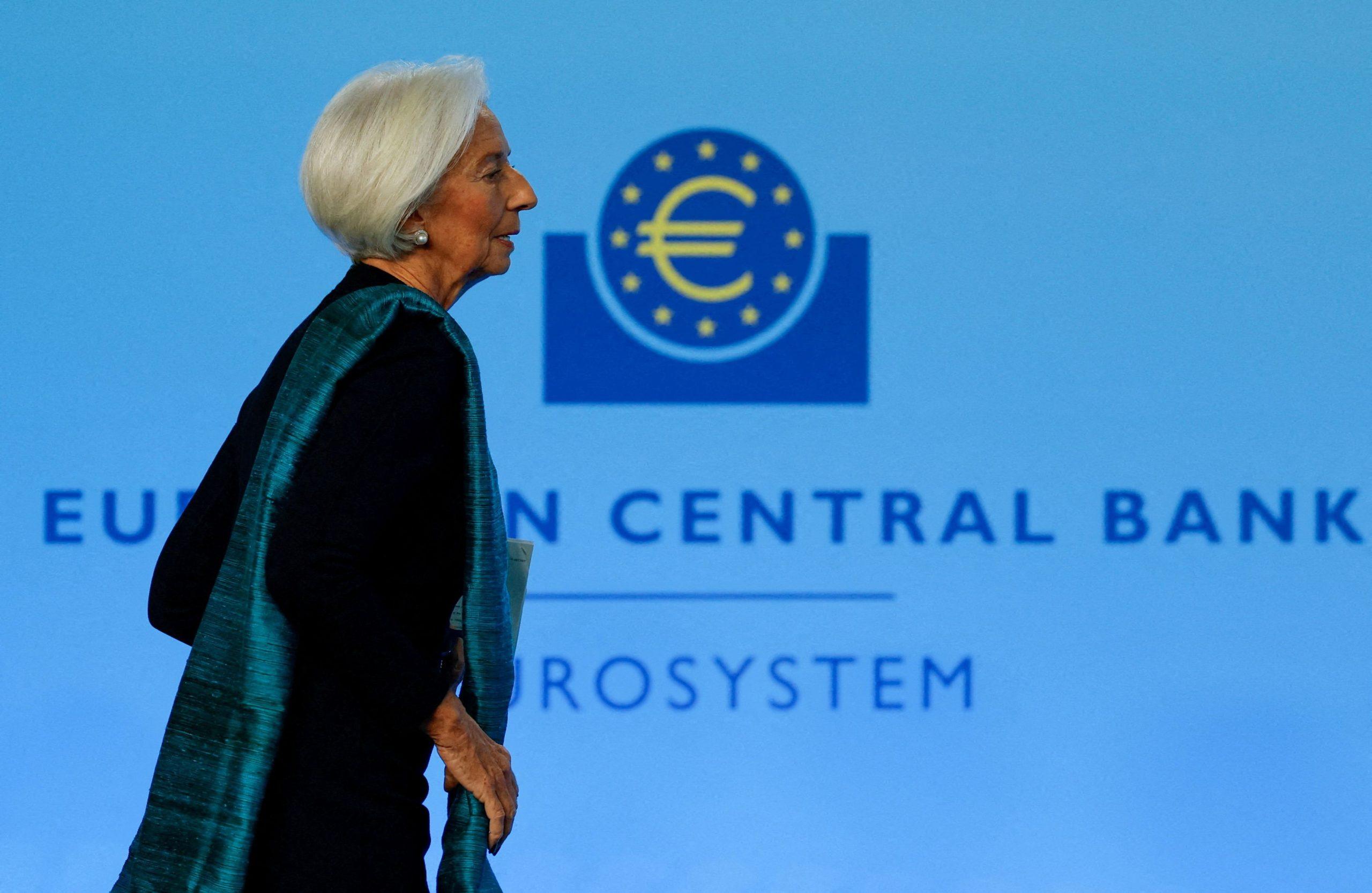Eurostat data revealed a significant 10.8% drop in Greek public debt relative to GDP in 2023, alongside a 2% economic expansion, outpacing Germany’s performance.
The Financial Times delves into Greece’s economic rebound post-pandemic, juxtaposing its impressive recovery within the eurozone with the reality of increased impoverishment.
S&P recently upgraded Greece’s outlook to “positive,” lauding the country’s commitment to structural reforms and tackling long-standing issues.
This has propelled growth above the eurozone average and slashed the debt-to-GDP ratio. Eurostat data revealed a significant 10.8% drop in Greek public debt relative to GDP in 2023, alongside a 2% economic expansion, outpacing Germany’s performance.
Tourist inflows, labor market enhancements, and a consumption resurgence contribute to this rebound, buoyed by structural reforms easing growth constraints.
Despite these gains, Greece still lags behind the EU average in living standards, a trend exacerbated over the past decade.
Once on par with EU averages, Greece now ranks as the second poorest EU nation, trailing only Bulgaria within the eurozone.
The Financial Times attributes this economic reality to the aftermath of the 2010 crisis and subsequent austerity measures.
Greek spending cuts and tax hikes, aimed at securing IMF and EU bailouts, severely impacted businesses and households, leading to prolonged economic hardship.
The Greek economy contracted by almost 30%, with significant drops in consumer and government spending, investment, and manufacturing activity.
Unemployment peaked at nearly 30%. Consequently, despite post-pandemic recovery, Greece’s economy remains 19% smaller than in 2007, in stark contrast to the EU’s overall 17% growth.
George Lagarias, chief economist at Mazars Wealth Management, argues in the British newspaper that growth with limited leverage—such as in the case of Greece—will remain subdued. He predicts that many years of “persistent reforms” will be needed for Greece to return to its 2007 level.
Source: tovima.com







































